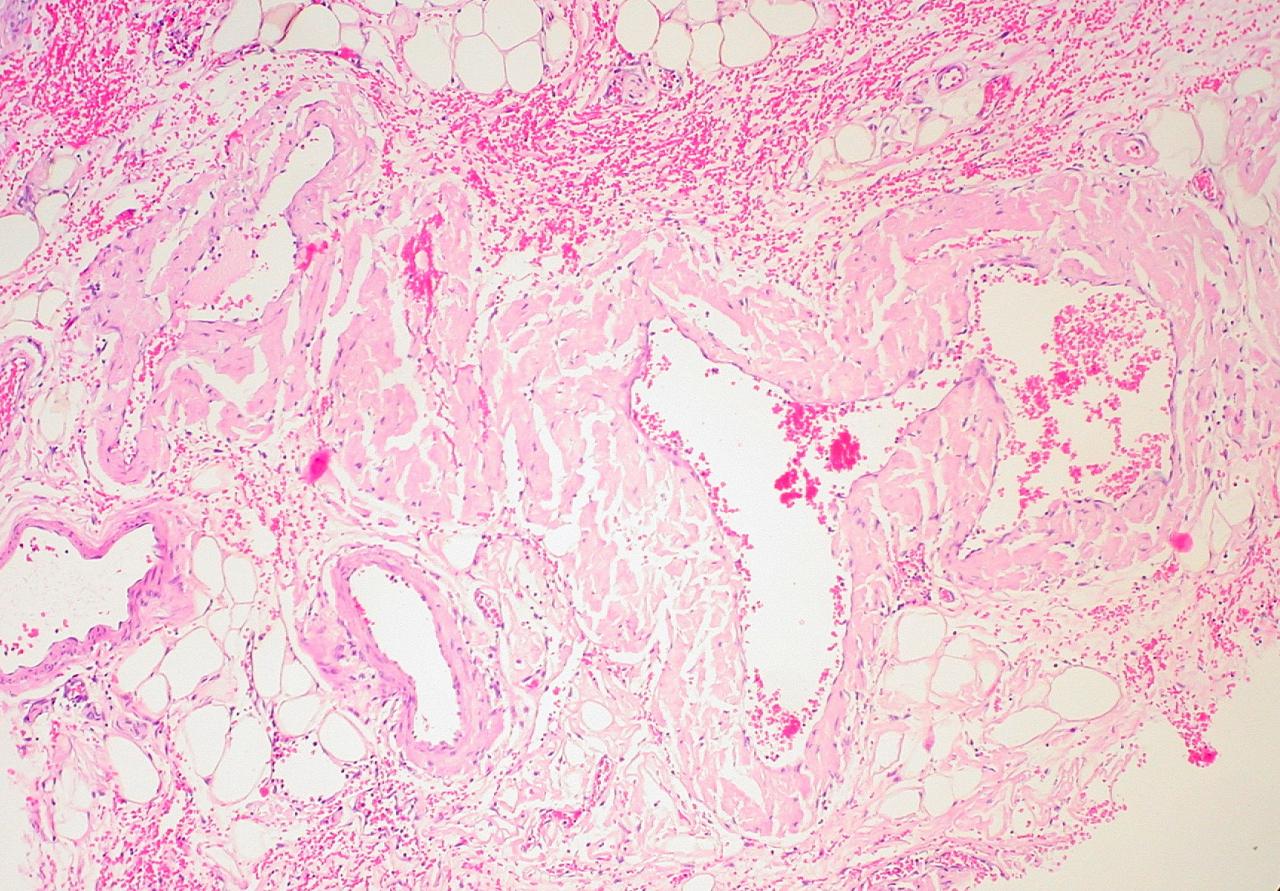(Great Neck, N.Y. - June 16, 2009) — Researchers seeking to understand the causes of Sanfilippo syndrome type B, a rare genetic lysosomal storage disease, were surprised to find protein aggregates known as neurofibrillary tangles that are usually seen in Alzheimer’s and other forms of dementia.
The study, by researchers at the Los Angeles Biomedical Research Institute, including 2008 NARSAD Young Investigator Stanislav L. Karsten, Ph.D., and colleagues at the University of California, Los Angeles, was published May 4 in the Proceedings of the National Academy of Sciences.
The lysosome is the cell’s recycling center, where unwanted material is processed. There are nearly 40 lysosomal storage diseases caused by the inability of cells to produce the enzymes needed for this process. Sanfilippo syndrome occurs in approximately one in 70,000 births, causing profound mental retardation, behavior problems and, frequently, death before the age of 20.
The new finding means that the childhood dementia often seen in lysosomal storage diseases may have mechanisms similar to those found in Alzheimer’s disease and other age-related dementias, which are characterized by an abnormal accumulation of the protein P-tau. The scientists hope that these findings mean that those suffering from these rare disorders could one day benefit from the abundance of research underway for the growing numbers of Alzheimer’s patients.
“We were trying to determine what in the cellular environment makes certain brain regions more vulnerable to neurodegeneration, and we were surprised to find the presence of a protein, P-tau, and the corresponding aggregates similar to neurofibrillary tangles we see in Alzheimer’s patients,” said Dr. Karsten.
“With the increasing incidence of Alzheimer’s disease,” he said, “we expect to see new drugs developed to prevent these neurofibrillary tangles or dissolve them. Our findings suggest those treatments could also benefit patients with this rare genetic disorder, Sanfilippo syndrome.”
Link to article: http://www.narsad.org/news/press/rg_2009/res2009-06-16.html






Add a CommentComments
There are no comments yet. Be the first one and get the conversation started!